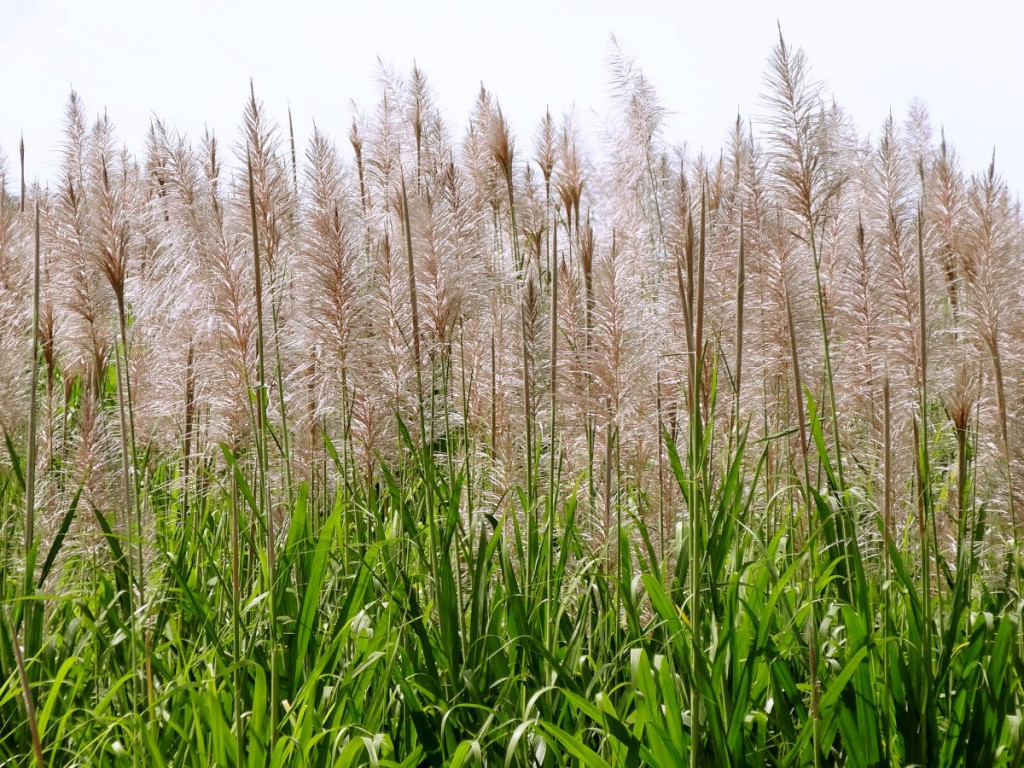Farmers shunning sugar may leave Europe more reliant on imports
European Union farmers are increasingly turning away from sugar, potentially leaving the region more reliant on imports.
Growers reduced plantings in recent seasons as ample global supply kept prices historically low and poor weather conditions hurt sowings, while a disease that ravaged this year’s crop also curbed output. Those frustrations are expected to further deter farmers from sowing beets, which may keep the bloc a net importer of sugar in the coming years.
EU farmers cut plantings for the current crop by about 2%, and output should drop 7% to a five-year low of 15.9 million tons for the season starting next month, adviser Agritel estimates. While that shouldn’t affect the global market too much because of abundant supplies in Brazil and India, it’ll mean the bloc will keep importing sugar to meet its needs just a few years after the end of EU quotas looked set to usher in a sustained production boom.

“Sugar beet is becoming really tough to cultivate and it’s not very well paid as sugar prices are not attractive,” said Francois Thaury, an analyst at Paris-based Agritel. “This could divert some farmers away from beet cultivation. This is probably the biggest issue at the moment for Europe.”
Output jumped when quotas were scrapped, turning the EU into a net exporter in the 2017-18 season. But the trend quickly reversed as a global price slump discouraged plantings and forced producers to shutter beet-processing plants to cut costs. For the 2020-21 season, EU imports are forecast to exceed exports by about 600,000 tons, U.S. government data show.
“We are importing more and more instead of exporting as there is just no surplus available,” said Timothe Masson, an agronomist at French growers’ association CGB. “As long as prices stay low, acreage will drop and production will be lower.”
While tighter EU supplies helped the region’s prices to recover recently, they’re still almost 50% below a 2013 peak, European Commission data show. It’s too early to say by how much plantings could fall when the next crop is sown in 2021, but analysts have warned that fewer beets to process could spur more factory closures.
Austria’s Agrana Beteiligungs is one of the latest producers to plan to shutter a factory because of a decline in plantings.
“In lower producing countries people will probably be wondering if it’s worth carrying on cultivation for so little money,” Agritel’s Thaury said. “This makes the Agrana decision understandable.”
Similar Stories

November 2024 Freight Transportation Services Index
View ArticleViet Nam hosts 16th United Nations Conference on Trade and Development In October 2025
UN Trade and Development (UNCTAD) Secretary-General Rebeca Grynspan announced today that the sixteenth session of the United Nations Conference on Trade and Development (UNCTAD 16) will take place in Viet…
View Article
Alleima relaunches high-strength and corrosion-resistant steel for sustainable energy sectors
View ArticleUnited States and Norway issue innovative report creating greater transparency in critical mineral supply chains
Today, the U.S. Department of Commerce and the Norwegian Ministry of Trade, Industry, and Fisheries issued a thorough, innovative report presenting our shared understanding of non-market policies and practices (NMPPs)…
View ArticleDecember CNBC/NRF retail monitor results show strong growth boosted by final Thanksgiving weekend days
Retail sales jumped strongly in December, boosted in part by two busy holiday shopping days during Thanksgiving weekend falling in the final month of the year, according to the CNBC/NRF…
View ArticleNAW presents Dirk Van Dongen Lifetime Achievement Award to Bergman, CEO of Henry Schein, Inc.
At the 2025 NAW Executive Summit Gala on January 28 in Washington, D.C.
View ArticleGet the most up-to-date trending news!
SubscribeIndustry updates and weekly newsletter direct to your inbox!





